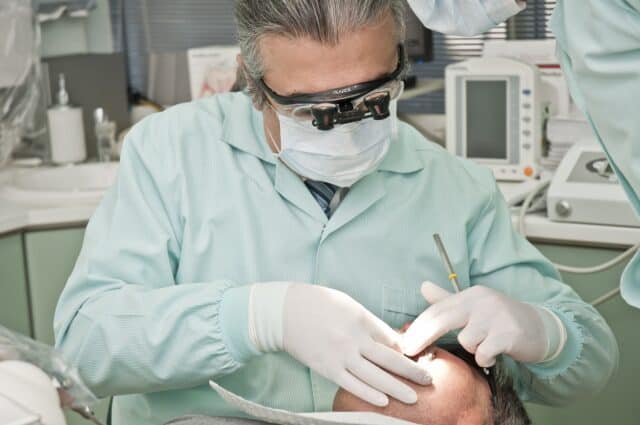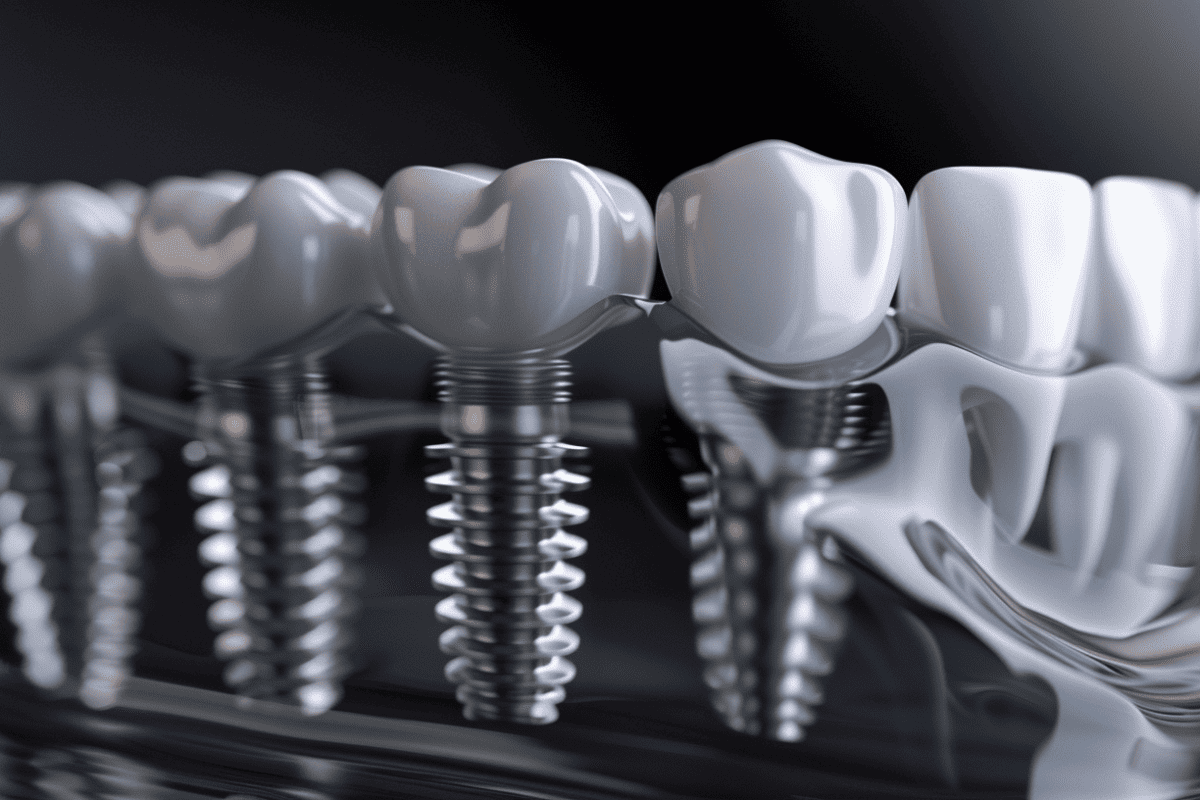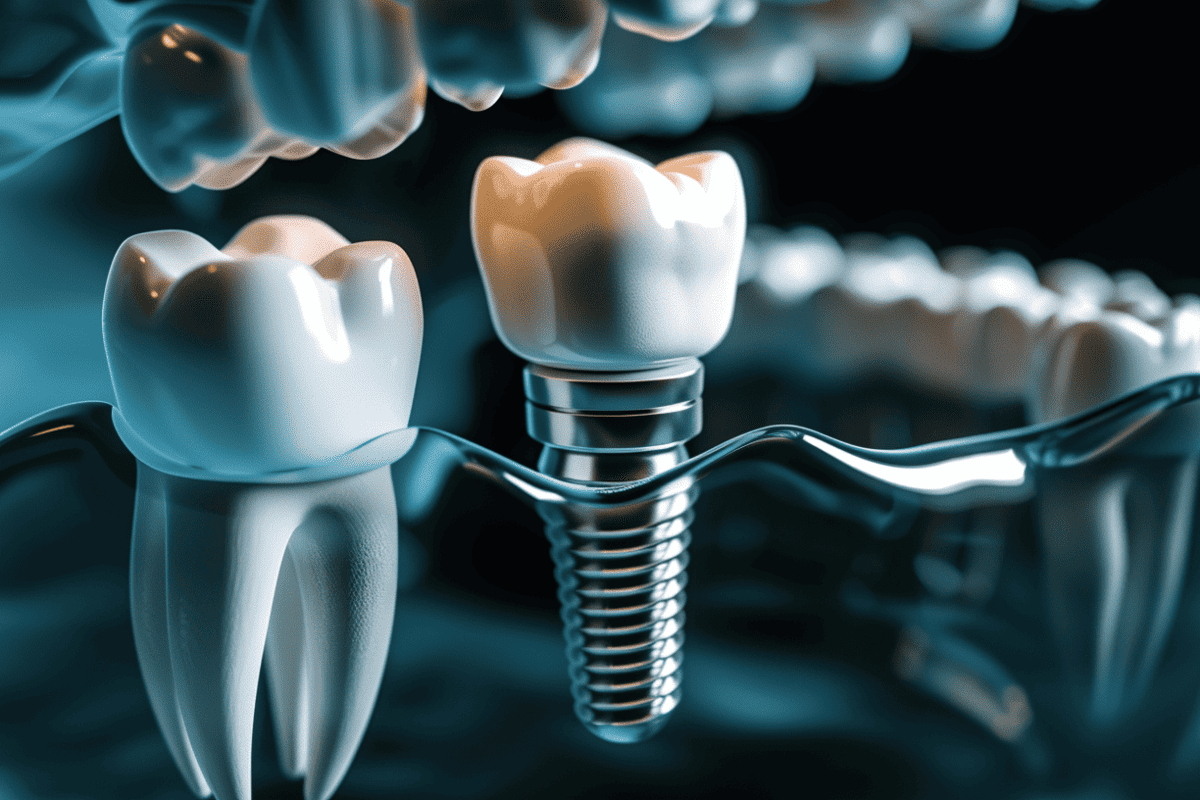When was the last time you made full use of your dental exam? We don’t mean just turning up and sitting in the chair with your mouth open. When did you last ask questions of your dentist that could help improve your oral and general health?
The dental exam is a critical part of your oral health routine and it consists mainly of a dentist peering into your mouth. But your dentist doesn’t just have to look – she must ask you questions, too.
Here’s what a dentist is looking for in a dental exam, and what they will need to talk about. And there are a few key questions for you to ask your dentist to make sure you are getting the best oral care.
What Does a Dental Exam Cover?
The main factor in a dental exam in Kitsilano, or elsewhere in the country, is the condition of your teeth. The dentist looks for missing teeth, decayed teeth, and damaged teeth. He also searches for signs of cavities. If there are cavities, he will recommend the correct procedure to fill them. If you already have fillings, the dentist looks to see how they are holding up.
A dentist also surveys the condition of the gums. She looks for signs of gum
Another early warning check is concerning mouth or throat cancer. Blocked salivary glands or white lesions in the mouth could be signs of cancer. A dentist may also notice cysts or suspicious bumps.
Dental exams consider the condition of facial bones and any issues you have with grinding or clenching your teeth. The joint that connects your jaw to your skull is examined. And your Kitsilano Dentist checks the position of your teeth in your mouth, including the spacing of teeth and the bite shape.
As you can see, the dental exam is comprehensive and helps to identify problems before they become serious and expensive to treat.

What to Ask Your Dentist
Speak to your dentist before the exam so they have the best possible picture of your oral and general health. Your overall well being is linked to your dental issues, and many conditions are connected and affect each other. The more you reveal to your dentist about your oral health and underlying health complaints, the better they will be able to help you with your dental care.
Tell your dentist of any medical conditions affecting you, especially those that have been diagnosed since your previous visit. Tell them about medications you take. Some side effects of medications include inflammation and dry mouth, so the dentist needs to know about them. Let them know if you are pregnant or have allergies.
You should also talk about any changes you have noticed in your mouth such as alterations in the colour of your teeth, gum changes, colour variations inside the mouth, tightness in the jaw, or teeth clenching problems.
It’s important to get regular checks and dental exams. There’s no need to put off going because of fear of the dentist. Issues spotted early can usually be easily resolved before they become a big issue.
Digital Health Buzz!
Digital Health Buzz! aims to be the destination of choice when it comes to what’s happening in the digital health world. We are not about news and views, but informative articles and thoughts to apply in your business.


